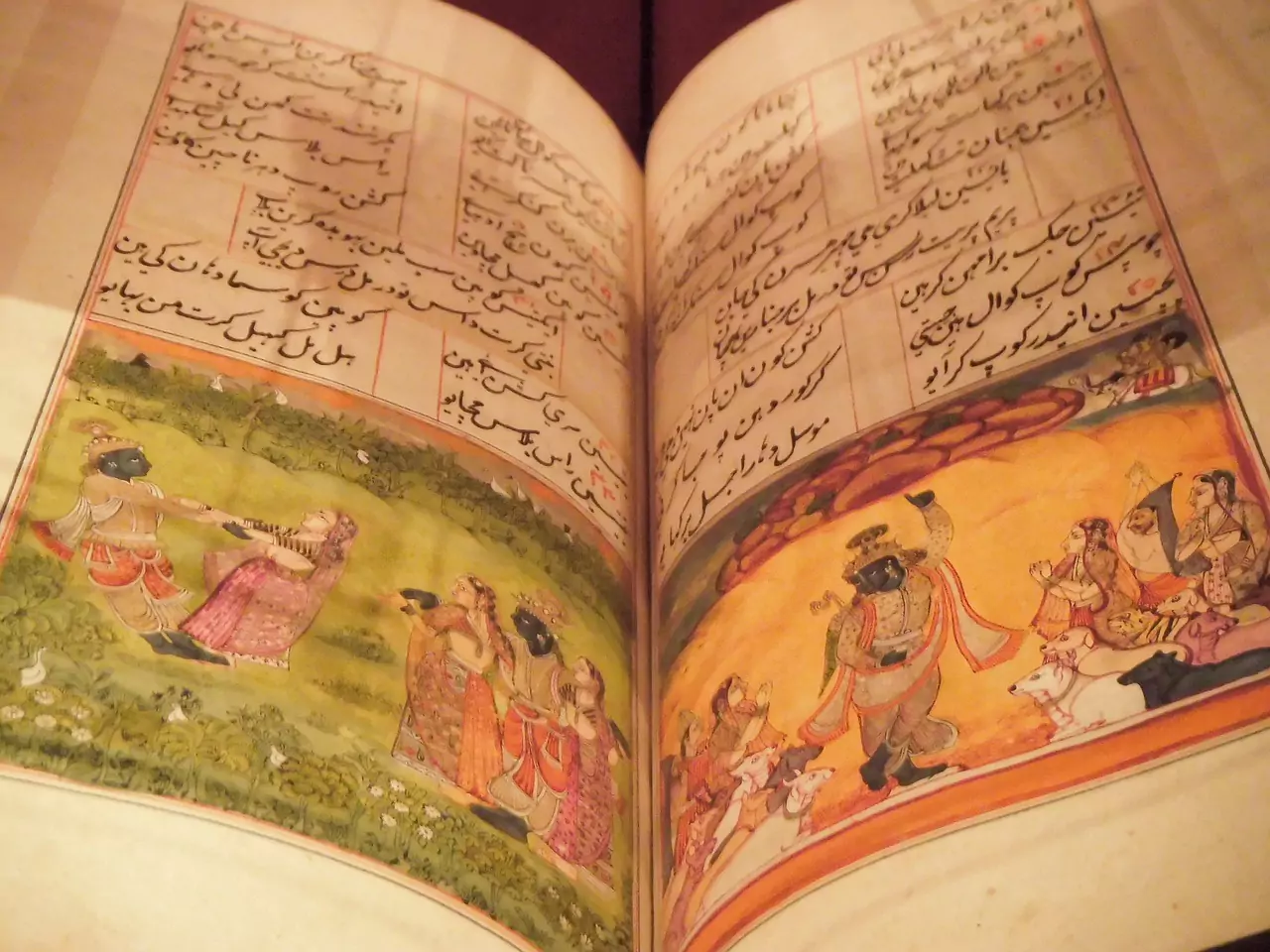World Heritage Day - UNESCO
On the occasion of World Heritage Day 2025, the UNESCO Memory of the World Register included India’s Bhagavad Gita and Natya Shastra, recognizing their universal significance. This inclusion marks a proud moment for Indian civilizational knowledge, as these texts represent the philosophical and artistic heights of ancient India.
About the UNESCO Memory of the World Programme
- It was initiated in 1992, the programme aims to preserve documentary heritage of global importance.
- It includes manuscripts, books, maps, photos, films, and recordings.
- India now has 14 entries in this register, showcasing its rich documentary tradition.
Significance of Bhagavad Gita
- The Bhagavad Gita, a part of the Mahabharata, is a philosophical and spiritual classic, attributed to Vedavyasa.
- It presents key concepts such as Dharma (duty), Karma (action), and Moksha (liberation).
- Its teaching of “Nishkama Karma” – action without attachment – forms the ethical foundation for duty-bound service, which is highly relevant for public servants.
- It has influenced not only Indian thinkers but also global leaders like Mahatma Gandhi and Albert Einstein.
Significance of Natya Shastra
- The Natya Shastra, written by Bharata Muni, is an ancient treatise on drama, dance, and music, dating back to 200 BCE – 200 CE.
- Considered the fifth Veda, it lays the foundation for all classical Indian performing arts.
- The Rasa Theory, described in the text, is central to Indian aesthetics and continues to shape dance forms like Bharatanatyam, Kathak, Odissi, etc.
- Its inclusion highlights the intellectual and artistic contributions of India to world heritage.

Cultural and Diplomatic Impact
- This recognition strengthens India’s cultural diplomacy and promotes its soft power on the global stage.
- It aligns with national initiatives like “Ek Bharat Shreshtha Bharat”, “Azadi ka Amrit Mahotsav”, and “Incredible India”.
- It supports India's image as a Vishwaguru (world teacher) and helps spread awareness of India’s intangible cultural legacy.
Ethical and Administrative Relevance
- The Gita’s message of duty, selflessness, and detachment from personal gains is deeply relevant for ethical public administration.
- It encourages resilience, clarity of thought, and moral decision-making in governance.
- A civil servant guided by such values is better equipped to serve the nation with integrity and dedication.
Other Indian Entries in the MoW Register
Some previous Indian inclusions are:
- Rigveda manuscripts
- Autograph manuscripts of Rabindranath Tagore
- Hind Swaraj by Mahatma Gandhi
- Archives of Dutch East India Company
The inclusion of the Bhagavad Gita and Natya Shastra in UNESCO’s Memory of the World Register is a testament to the depth and diversity of Indian knowledge traditions. It reflects the global relevance of India’s ancient wisdom and artistic excellence, while also reinforcing the importance of preserving cultural heritage in a rapidly modernizing world.













